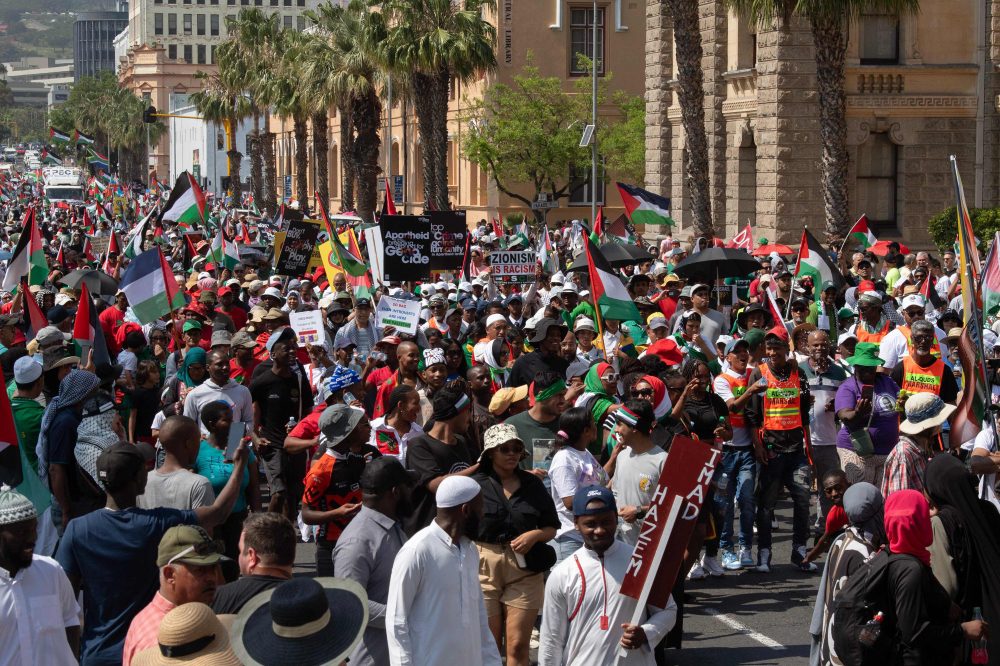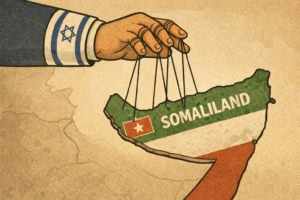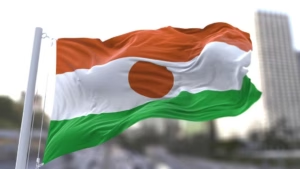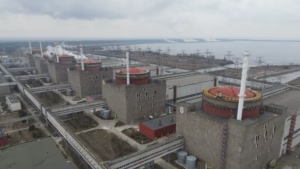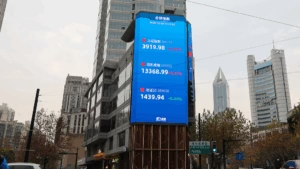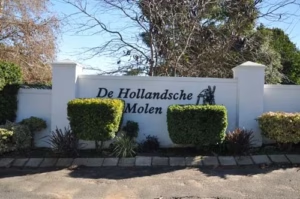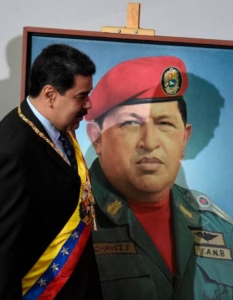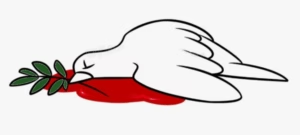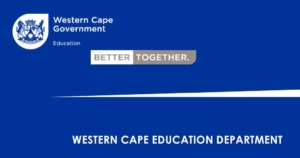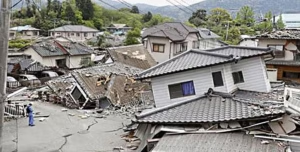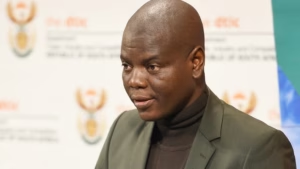On Saturday, thousands of demonstrators marched through the heart of Cape Town, waving Palestinian flags and chanting anti-Israel slogans in a large-scale protest organized to mark the one-year anniversary of the Israel-Hamas conflict. The rally, led by the Palestine Solidarity Campaign, saw a diverse crowd with placards accusing Israel of genocide and racism, as demonstrators made their way to the South African Parliament to demand action.
The marchers, many of whom wore keffiyeh scarves—an emblem of the Palestinian resistance—voiced their support for the Palestinian cause, with some chanting:
“Israel is a racist state” and “We are all Palestinian.”
Other placards carried by protesters bore slogans such as
“We are all Hamas”
and
“Zionism is racism.”
This Cape Town march was part of a broader wave of protests held across South Africa, including in Johannesburg and Durban, as well as globally, ahead of the anniversary of the October 7 attack by Hamas on Israel.
Many South African demonstrators expressed their agreement with the case brought by the South African government to the International Court of Justice. This case alleges that Israel’s military operations in Gaza, which began after the October 7 attack, amount to acts of genocide. The court proceedings have become a focal point for activists who draw parallels between Israel’s treatment of Palestinians and the apartheid-era oppression once endured in South Africa.
One participant, Cape Town resident Lee Anne Naidoo, articulated this sentiment clearly. She said:
“I think the state of Israel is genocidal. It’s a settler colonial state. We know what it means to have land stolen, racism, and white supremacy as South Africans, so I’m here to make sure that apartheid does not exist and continue in a legal form anywhere.”
Such comparisons between Israel’s policies and apartheid have gained traction in South Africa, a country with a deep and painful history of racial oppression under its own apartheid regime. This perspective is frequently highlighted by both activists and political figures, including during moments of international solidarity with the Palestinian cause.
The protest in Cape Town not only attracted local activists but also international participants, including James Conlon, a tourist from Ireland. Reflecting on his country’s history of colonization, Conlon remarked:
“As an Irish person, I feel sort of aligned to people that have been oppressed, that have struggled, and have been colonised, and it’s completely unjust what’s happening in this world and it’s sickening. I want to just lend my voice to this group of people that also stand with the oppressed and with the voiceless.”
Such sentiments resonate with many South Africans, who view the conflict in Gaza through the lens of their own struggle for freedom. The parallels drawn between the Palestinian situation and South Africa’s history of apartheid are rooted in shared experiences of colonization, segregation, and systemic inequality.
The rally’s organizers, representing the Palestine Solidarity Campaign, delivered a memorandum to parliament, calling on the South African government to take decisive steps in implementing the United Nations’ 1973 Apartheid Convention. This convention, known formally as the International Convention on the Suppression and Punishment of the Crime of Apartheid, defines apartheid as a crime against humanity and allows for international measures such as sanctions and boycotts to be taken against offending states.
South Africa’s government signed the convention in May 2024, a significant step towards aligning its foreign policy with its historical stance against apartheid-like systems worldwide. The memorandum demanded that the South African government apply this convention to Israel, arguing that Israel’s policies towards Palestinians meet the criteria set out in the convention.
The protests in Cape Town, Johannesburg, and Durban were part of a wider global movement that took place on the same day. Demonstrators around the world are increasingly vocal about their opposition to the ongoing Israel-Gaza conflict, which many claim is worsening as it approaches the end of its first year.
In Gaza, the humanitarian toll has been devastating. According to reports from Gaza’s health ministry, nearly 42,000 Palestinians have been killed since the conflict began on October 7, 2023. This staggering loss of life has fueled growing international outcry, with human rights groups, legal bodies, and activists calling for an end to the violence and for greater accountability.
Israel’s failure to fully implement the Oslo Accords has been a point of contention since the agreements were signed in the 1990s. The accords, meant to establish a framework for peace between Israel and the Palestinians, outlined mutual obligations such as Israel’s gradual withdrawal from occupied territories and the creation of a Palestinian self-governing authority. However, successive Israeli governments have been criticized for expanding settlements in the West Bank, a move widely seen as undermining the spirit of the accords. These settlements, viewed as illegal under international law, continue to create a fragmented Palestinian territory, making the prospect of a viable two-state solution increasingly elusive.
The Oslo Accords envisioned a phased approach towards resolving the Israeli-Palestinian conflict, but key provisions, such as the final status negotiations over Jerusalem, refugees, and borders, remain unresolved. Critics argue that Israel’s unilateral actions, including the construction of the separation barrier and continued military presence in the West Bank, demonstrate a lack of commitment to the accords. While both sides have accused each other of violations, Israel’s failure to cease settlement expansion and withdraw from certain areas has led to a significant erosion of trust, further complicating efforts to achieve lasting peace in the region.

